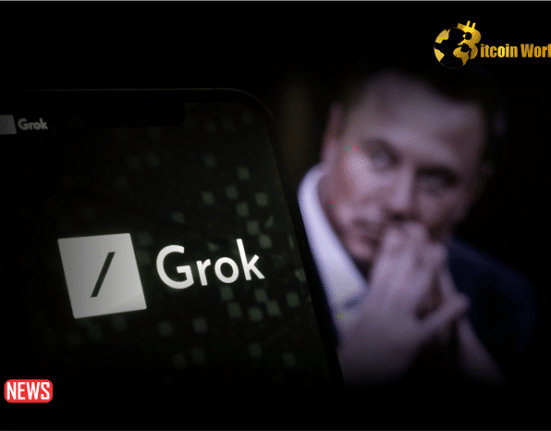Recently, Group-IB, a renowned global cybersecurity company headquartered in Singapore, has uncovered a deeply concerning development in the illicit trade of compromised credentials for OpenAI’s cutting-edge ChatGPT. In the shadowy depths of dark web marketplaces, Group-IB made a startling discovery: more than 100,000 devices infected with malicious software harboured pilfered ChatGPT credentials within the past year.
It is a disturbing revelation, especially when considering that the Asia-Pacific region experienced the highest concentration of pilfered ChatGPT accounts, accounting for a staggering 40% of the reported cases. The cybercrime’s execution involved the utilisation of Raccoon Infostealer, a specific breed of malware designed to surreptitiously gather stored information from compromised computers.
In a significant turn of events that unfolded earlier this month and ironically, OpenAI made a resolute commitment by allocating a staggering $1 million towards bolstering AI cybersecurity initiatives. This decision came in response to a momentous development in the form of an unsealed indictment by the Department of Justice, targeting a 26-year-old Ukrainian national named Mark Sokolovsky. Mark stands accused of involvement with the notorious Raccoon Infostealer, whose pernicious impact has been steadily gaining attention.
What sets this particular strain of malware apart is its insidious ability to harvest an extensive range of personal data. From browser-stored credentials, sensitive banking information, and even cryptocurrency wallet data, to browsing history and invaluable cookies, no digital stone is left unturned. Once gathered, this wealth of data finds its way into the hands of the malware operator, raising serious concerns about privacy and security. Astonishingly, these Infostealers often propagate via deceptive phishing emails, exploiting the unwary with their deceptively simple yet devastating effectiveness.
Ever since its launch, ChatGPT has undoubtedly risen as a force to be reckoned with, wielding remarkable power and influence across diverse sectors, particularly in the blockchain industry and the captivating realm of Web3. As OpenAI’s brainchild, its meteoric ascent has captivated the tech world, but unfortunately, it has also attracted the attention of nefarious actors seeking illicit gains.

In light of the escalating cyber risk landscape, Group-IB puts forth vital recommendations to safeguard ChatGPT users against potential threats. One proactive step is to fortify account security through the regular updating of passwords, a fundamental practice that forms a crucial defense against malicious actors.
Additionally, enabling two-factor authentication (2FA) has emerged as an increasingly popular and effective measure in the face of rampant cybercrime. By incorporating 2FA, users are prompted to provide an extra layer of verification, typically in the form of a unique code, alongside their password, bolstering the integrity of their account access.
In their press release, Group-IB’s Head of Threat Intelligence Dmitry Shestakov expressed, “Many enterprises are integrating ChatGPT into their operational flow. Employees enter classified correspondences or use the bot to optimise proprietary code. Given that ChatGPT’s standard configuration retains all conversations, this could inadvertently offer a trove of sensitive intelligence to threat actors if they obtain account credentials.”
Dmitry emphasised the ongoing dedication of his team to closely monitor underground communities, driven by the objective of swiftly detecting hacking incidents and leaks. This proactive approach allows them to mitigate cyber risks promptly, minimising potential damages. However, in addition to such vigilant monitoring, it is crucial for individuals and organisations to prioritise regular security awareness training. By staying well-informed and educated about evolving threats, individuals can bolster their defenses and proactively address potential vulnerabilities.
Moreover, maintaining a high level of vigilance against phishing attempts is strongly advised. These deceptive tactics continue to pose a significant threat, making it imperative to remain alert and cautious when interacting with online communications.
The ever-evolving realm of cyber threats serves as a stark reminder of the criticality of adopting proactive and all-encompassing cybersecurity measures. As the utilisation of AI-powered tools such as ChatGPT expands, it brings forth a multitude of ethical considerations and raises questions regarding their integration within the dynamic landscape of Web3.
With each stride forward, the imperative to safeguard these transformative technologies from potential cyber threats grows exponentially. How can we forge a path that combines innovation with robust security, ensuring that these AI-powered tools remain protected against malicious actors? The urgency to address this challenge resonates strongly, urging us to explore comprehensive approaches that fortify the foundations of cybersecurity and foster responsible use of cutting-edge technologies in an interconnected world.














